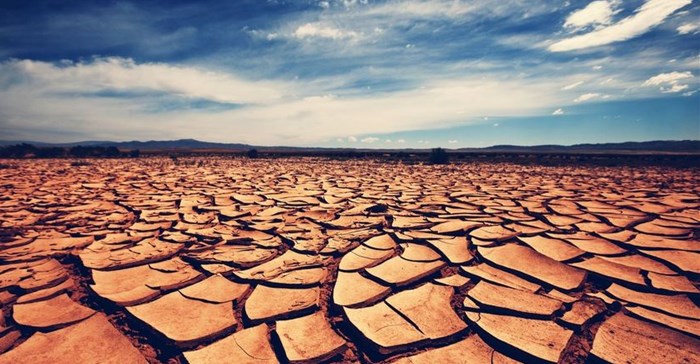






The policy, called ARCReplica, is offered by the Africa Union’s African Risk Capacity (ARC), and allows humanitarian organisations to purchase ‘complementary’ climate risk insurance policies, with pay-outs being triggered when certain indices such as low rainfall or reduced vegetation are confirmed by satellite data. This innovation protects vulnerable households in the onset of a climatic shock, helping break the cycle of endemic poverty.
The initiative was launched to complement the ARC United Nations World Food Programme (WFP), which has signed its first climate risk insurance policy. It is funded by the German government. The first countries to benefit from WFP’s climate risk insurance coverage will be Mauritania, to be followed shortly by Mali, which are both prone to recurrent droughts.
“The Replica pilot is an excellent example of how WFP and governments can pool expertise and innovative financing to provide early and coordinated response in the face of shocks, thereby contributing to national preparedness and response efforts,” says Jean-Noël Gentile, WFP country director in Mauritania. “This is absolutely critical in the Sahel, where early interventions before the peak of the lean season have the potential to reduce the human and livelihood costs of droughts.”
Germany’s Federal Ministry for Economic Cooperation and Development (BMZ) has committed €10m – channelled through the German government-owned development bank, Kreditanstalt für Wiederaufbau (KfW), to WFP and the Start Network through 2019.
“We support ARC Replica as an outstanding initiative which builds up capacities within international organisations to purchase ARC’s drought insurance to improve preparedness, coordination and financing in the case of a disaster,” says Thomas Duve, KfW director of Southern Africa/Regional Funds.
“Through the German contribution, BMZ/KfW hopes to encourage other donors to provide funding to expand ARC Replica coverage to additional ARC member countries."
Of the total amount, WFP will receive €5.8m to purchase ARC Replica insurance policies for Mali and Mauritania allowing for early humanitarian response through pay-outs if needed. In the case of a maximum pay-out, these policies will release $15.3m in funds that can provide early humanitarian assistance for up to 240,000 people.
“ARC builds on the diversification of weather patterns across Africa to help countries manage their disaster risk as a group in a financially efficient manner through risk pooling and risk transfer,” says Mohamed Beavogui, director-general of ARC. “The ARC Replica initiative is an example of good solidarity where the international community complements national efforts to protect vulnerable populations.”
To make sure that the pay-outs reach people in need quickly, WFP develops an operational plan for each covered country which identifies how resources and assistance will be moved and delivered. This means that all decision-making is done before the disaster strikes, and that WFP’s actions are coordinated with those of national emergency response agencies.